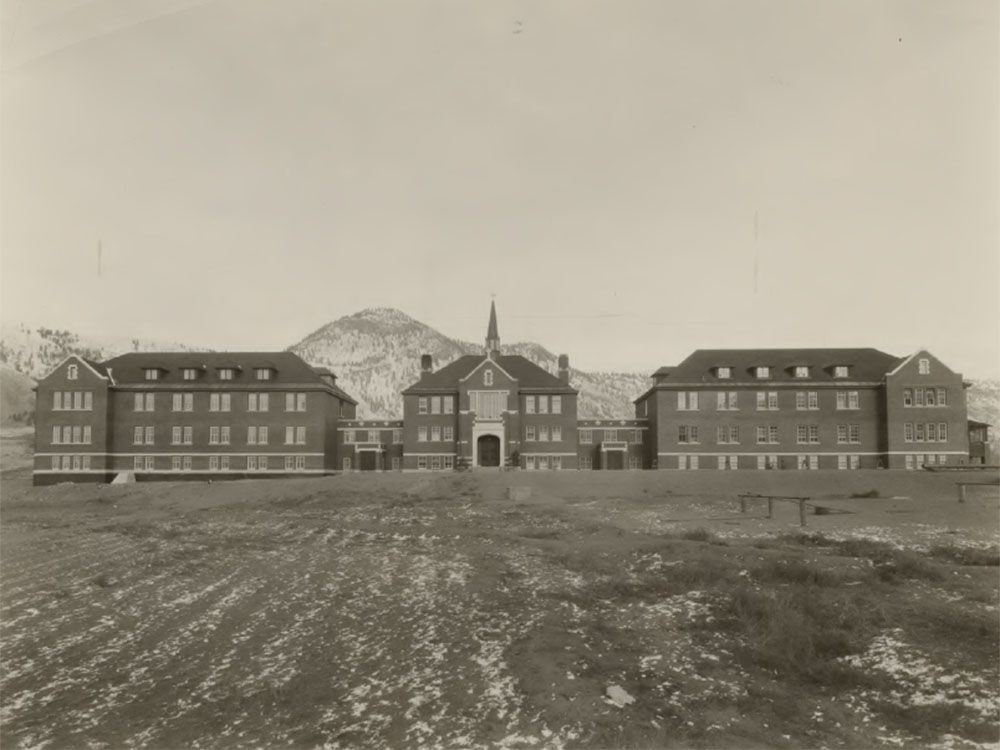I want to open this month’s CBSR newsletter with an acknowledgement about the devastating discovery of unmarked burial ground for children at the Kamloops former residential school. This has been a very difficult time which adds weight to the known lasting impact for those directly affected by residential schools in Canada. This reality is being presented front and centre to many Canadian’s who have been unaware of the human cost that Canada’s history has had, and continues to have, on Indigenous peoples.
The death of children at any time has universal resonance with humans. That said, more resonance needs to take place if we are going to support reconciliation in Canada. For CBSR this means more time listening, learning, reflecting and then developing more thinking, platforms, interactions and tools to support businesses in Canada to understand the truth and to see themselves as part of the solution in supporting the healing that needs to take place in the country.
In a recent conversation with a new friend and board member, Annie Korver, she reminded me that “there can be no reconciliation without truth”. For me, and our organization that is behind CBSR, we are committed to being active participants in truth, reconciliation and justice. We are also very proud that one of our organization’s founders has gone on to create Indigenous Clean Energy, a platform for empowering Indigenous communities through renewable energy development and important initiatives like ‘Bringing it Home’ to address the housing crisis in communities.
For me personally, I had the benefit of doing university at two schools that many decades ago embraced Indigenous learning in Canada, first at Trent University and then at the University of Northern British Columbia. Trent was the first university in Canada, and only the second in North America, to establish an academic department dedicated to the inclusion of Indigenous peoples in its programs and it had a profound impact on me. After that, I had the fortune while at the David Suzuki Foundation to support work with the Musqueam people on preserving the last wild salmon stream in Vancouver. That experience helped me create some very positive relationships, and quite frankly broke down a lot of prejudices I had. Stereotypes were demystified, and I felt freer, and much richer. Now as a father, I have tried to make sure my children have awareness on the truth, the call to reconciliation and understand the importance of it to their future. I have taken them both separately through the Kairos Blanket Exercise and have been deeply impacted by the experience and its teachings.
The recent news from the former residential school shocked me, but didn’t surprise me, given what I knew about the horrors of this reality in our country. I’ll never forget the lesson of the blanket exercise, where even if the children at the schools survived the experience, they often found returning to their communities very difficult and were left with no where to turn. What a terrible life sentence. I hope this Kamloops discovery motivates Canadians to listen, truly listen, to Indigenous stories – stories of the horrific experiences and the lasting impacts today. I believe the true potential for our country can only be achieved if we understand truth, participate in reconciliation, and seek justice for Indigenous peoples. “Reconciliation must create a more equitable and inclusive society by closing the gaps in social, health and economic outcomes that exist between Aboriginal and non-Aboriginal Canadians” (TRC Final Report, What We Have Learned).
For CBSR, the board is seeking out direction on how to participate in active listening and learning to support acts of reconciliation amongst Canadian business. Diversity of views and backgrounds is a priority to have on the board and this will help when we set out our initiatives and programming. For the business that manages CBSR (the GLOBE and Delphi constellation) we have a Justice, Equity, Diversity and Inclusion (“JEDI”) process underway, being helped by third party experts to identify areas where we can be better as it relates to critical social issues like Indigenous reconciliation. Given we are a purpose led organization, with ‘socially just’ in our vision, we are looking for more ways to be true to that north star that guides us.
For CBSR’s work, we want to increase the number of businesses in Canada where Indigenous reconciliation is an imperative, from a moral and a business point of view. This will take many steps and paths, and we are motivated by the need for business to be part of the solution to this critical priority for the future of the country. We also commit to actively seek out Indigenous led businesses for involvement in CBSR. Lastly, we encourage all members of CBSR, and its broader network to reach out with examples of steps they are taking, or ideas for strong paths to walk down, that help business engage on reconciliation. Beyond making land acknowledgements, we need to make a statement regarding what measures we are taking to build a more socially just future for Indigenous communities in Canada. Pointing business to Call to Action #92 of the Truth and Reconciliation Commission’s Call to Action Report is a place to start http://trc.ca/assets/pdf/Calls_to_Action_English2.pdf.
As someone who’s life has been enriched by my interactions and collaborations with Indigenous peoples and communities, I desperately hope the rest of the non-indigenous community in Canada can be open and interested to broaden what they see as essential to Canada’s future.
